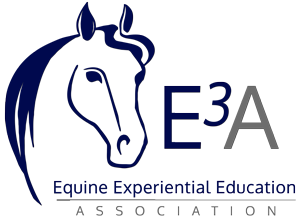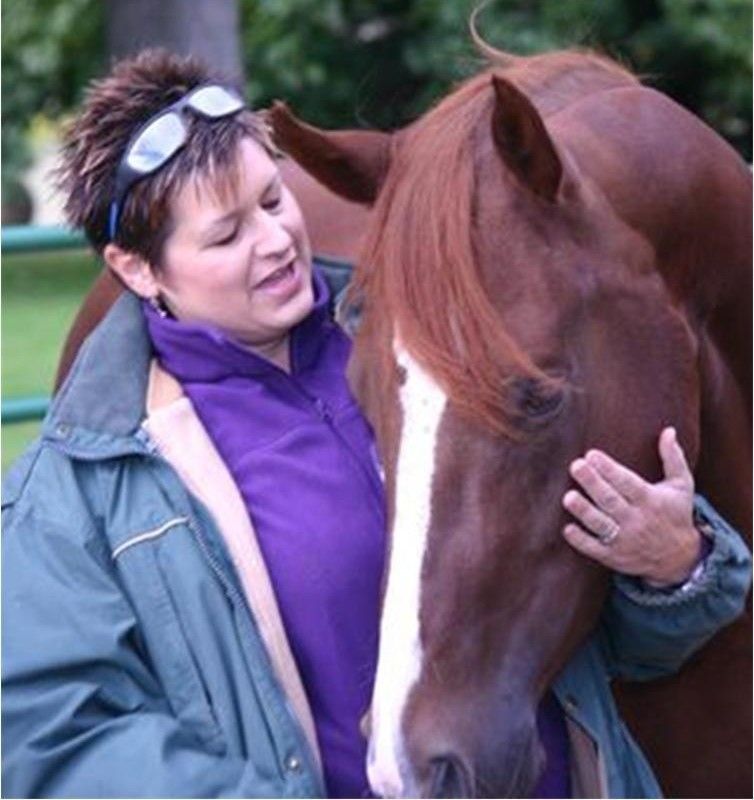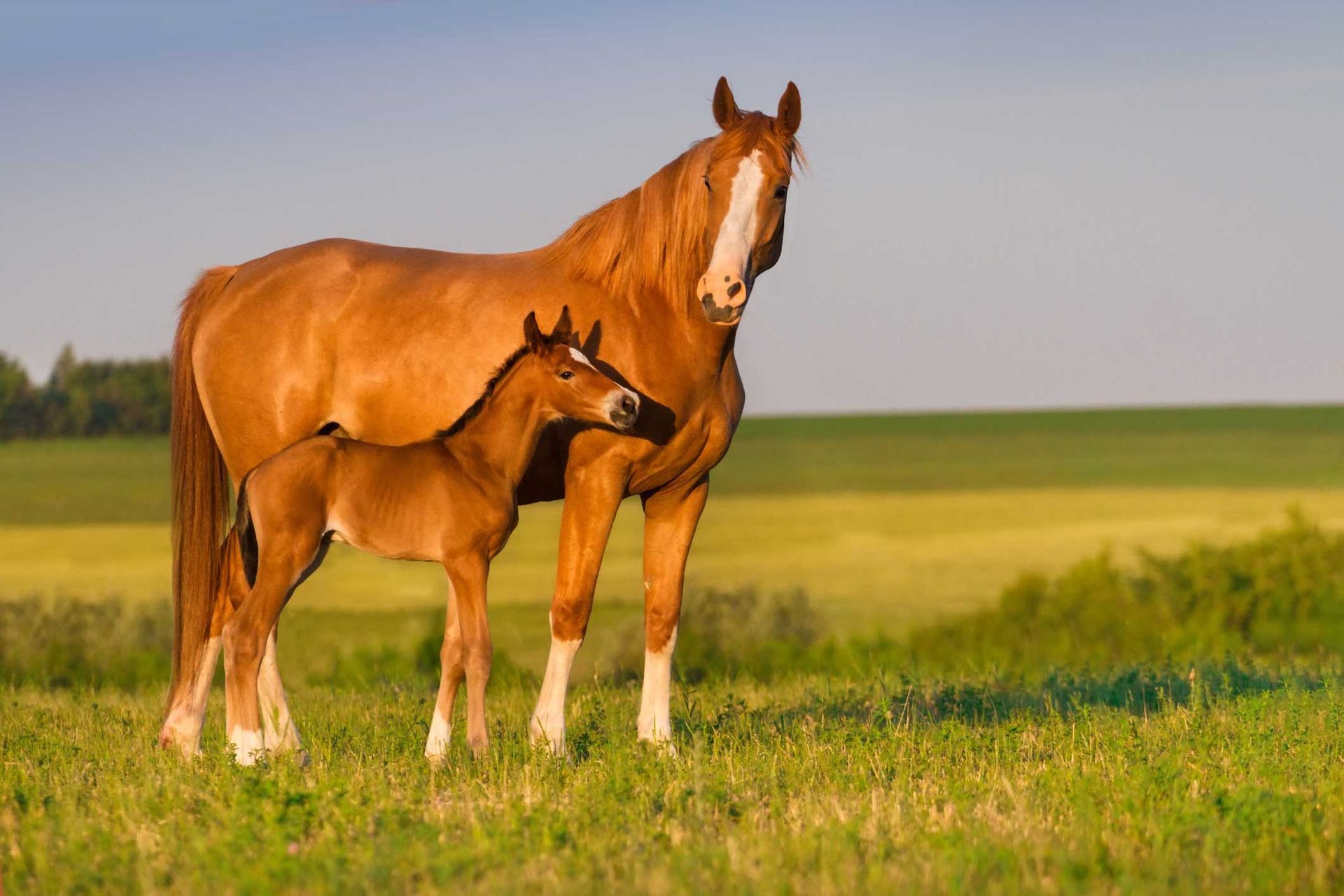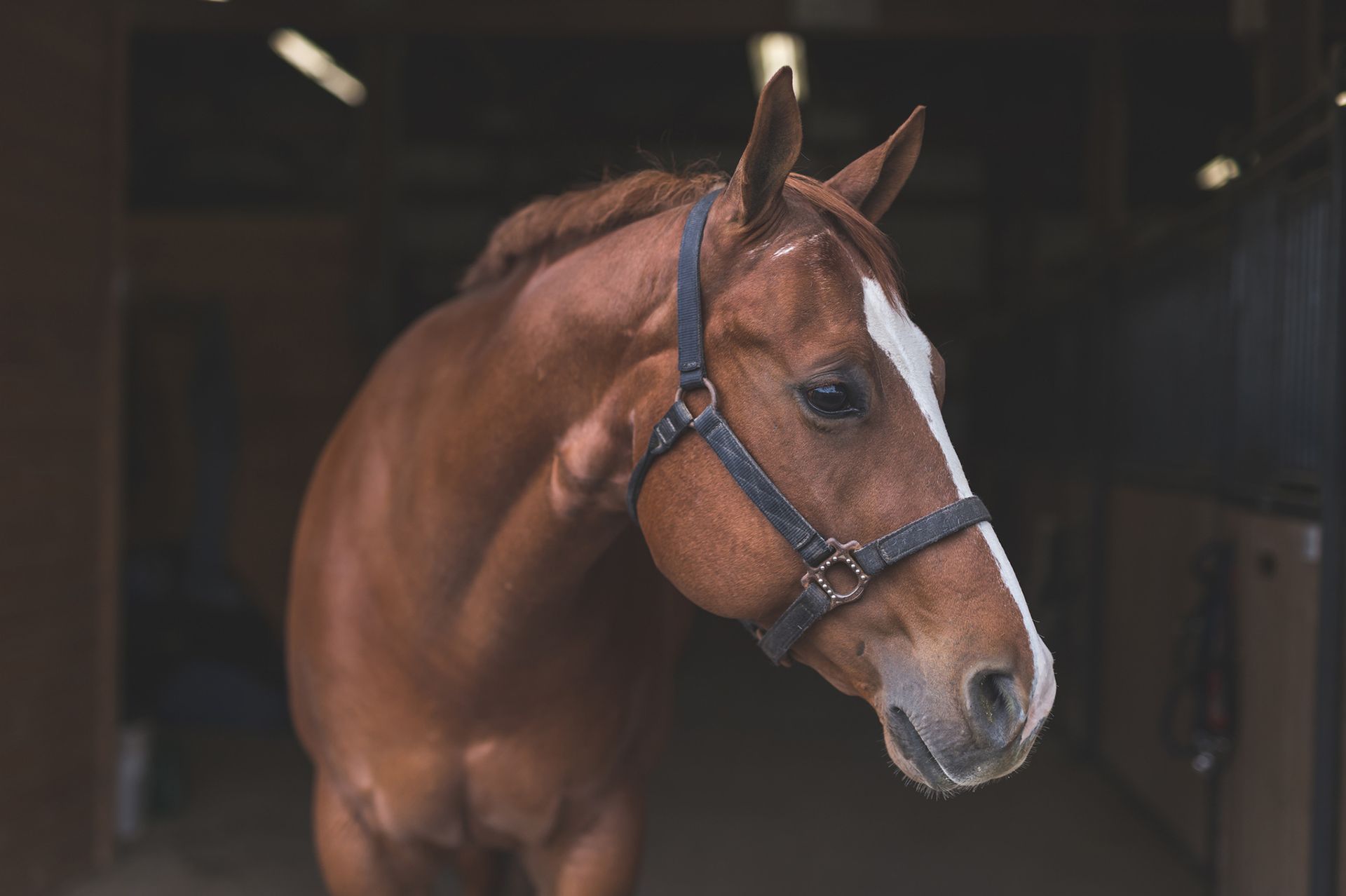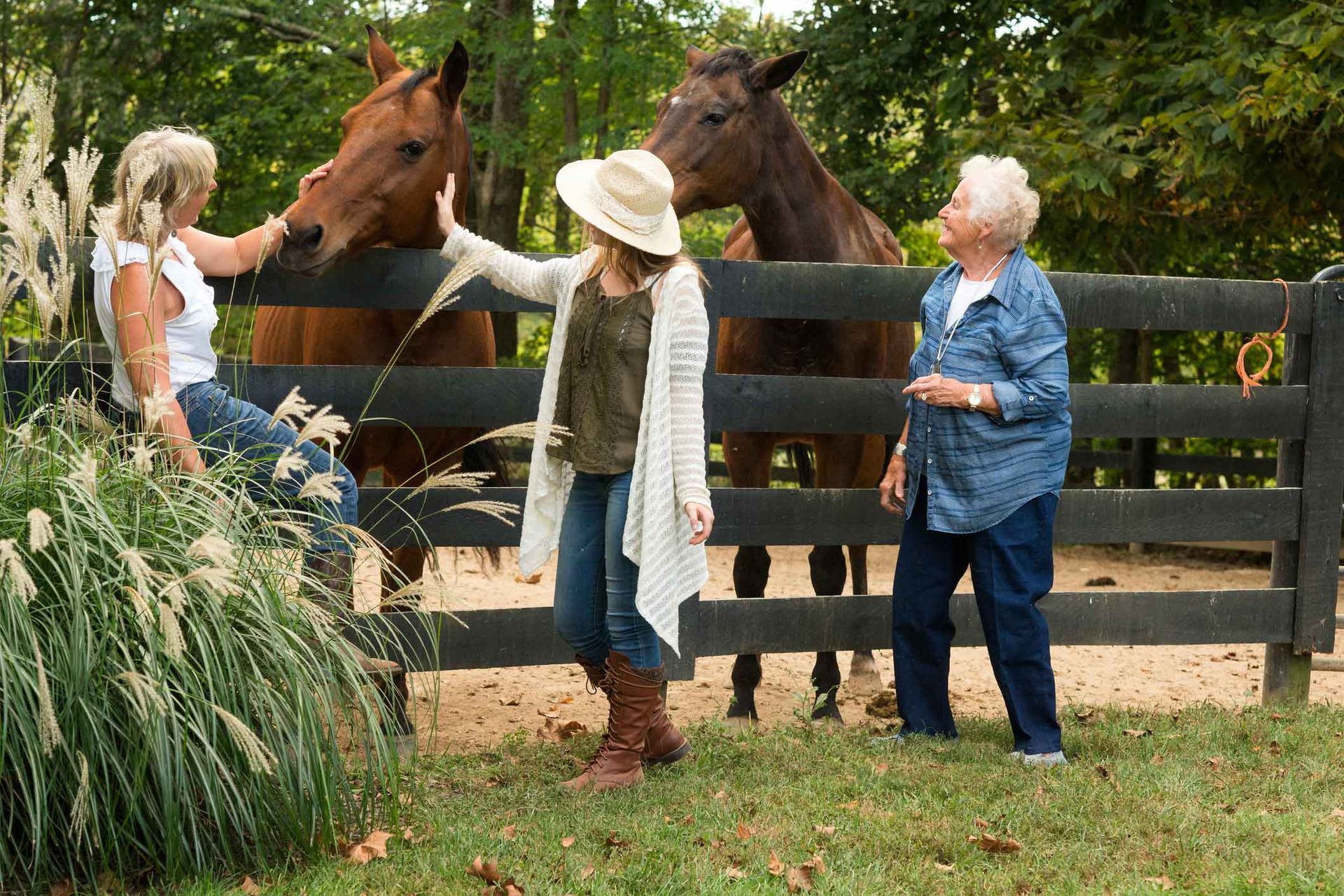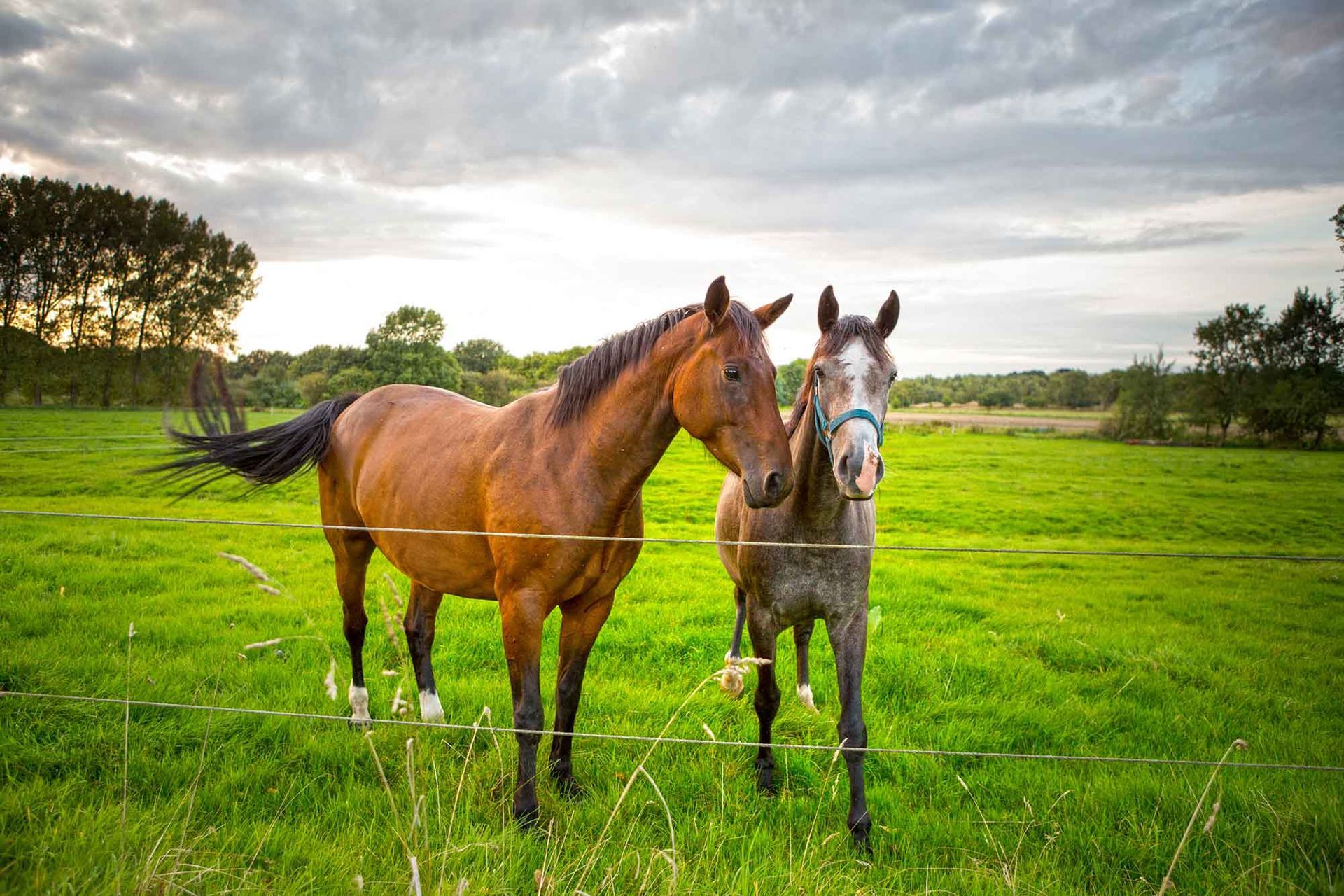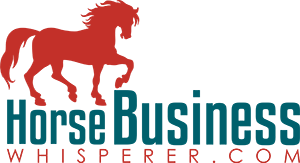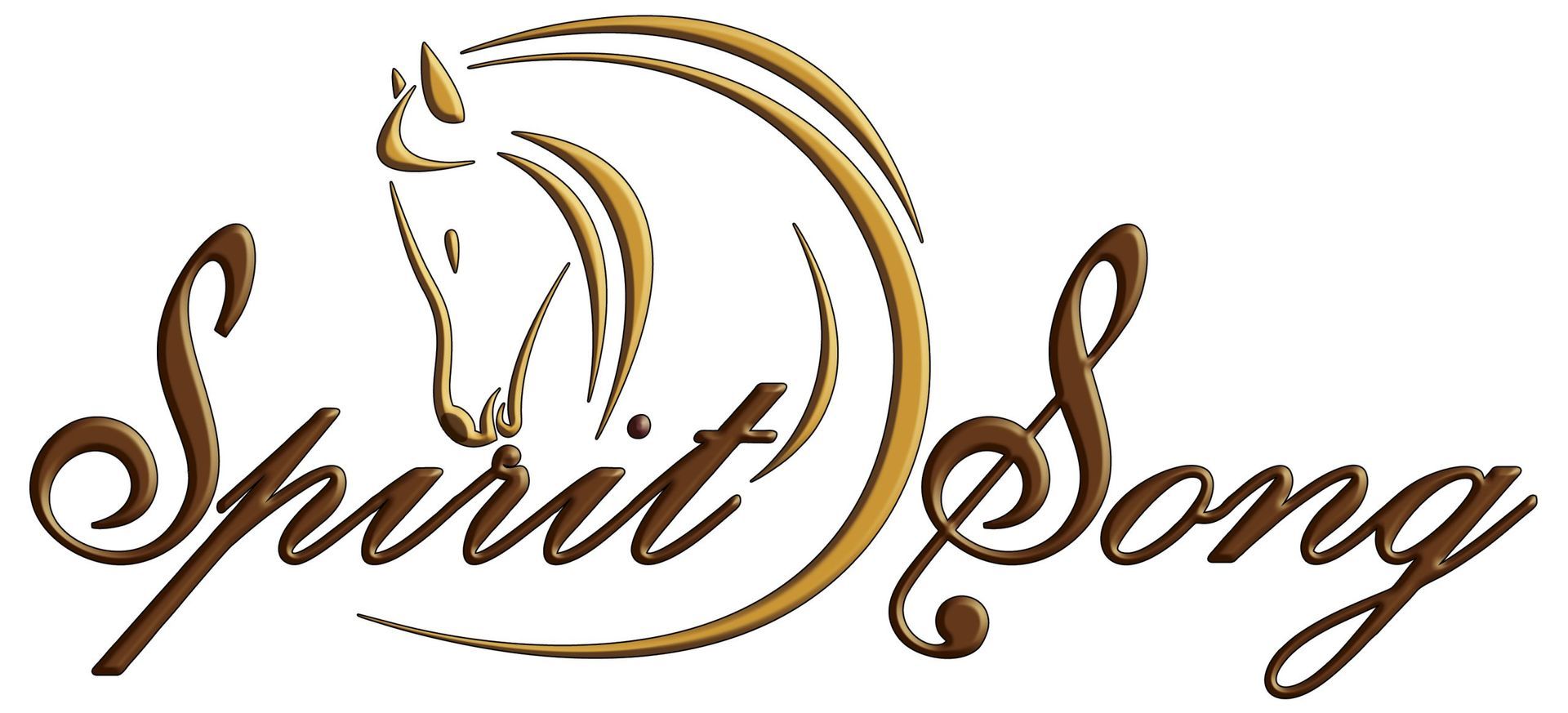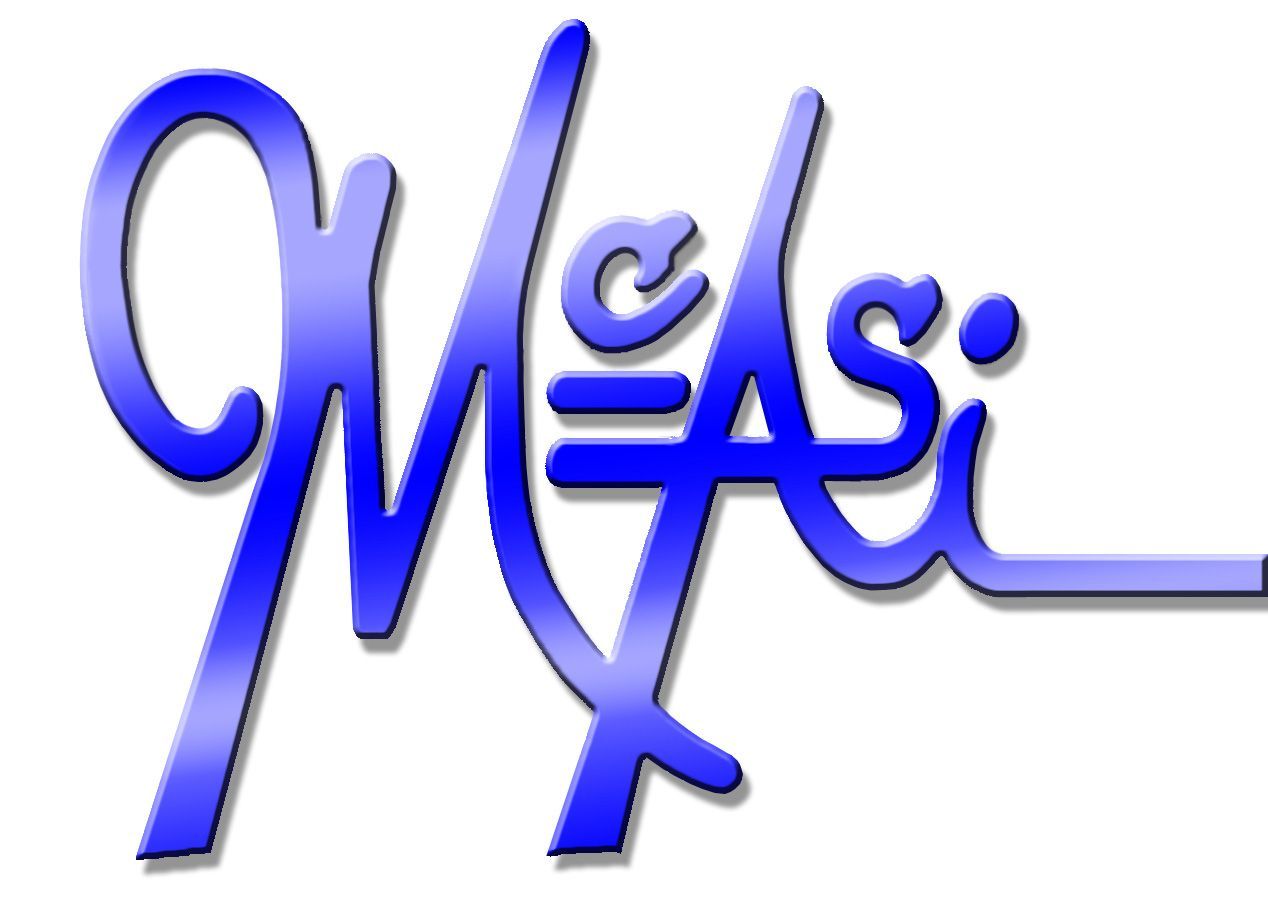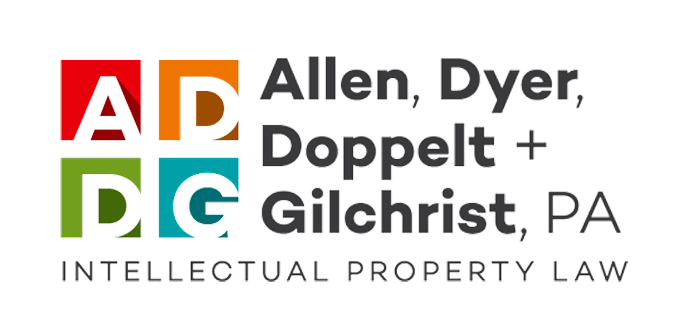News & Insights
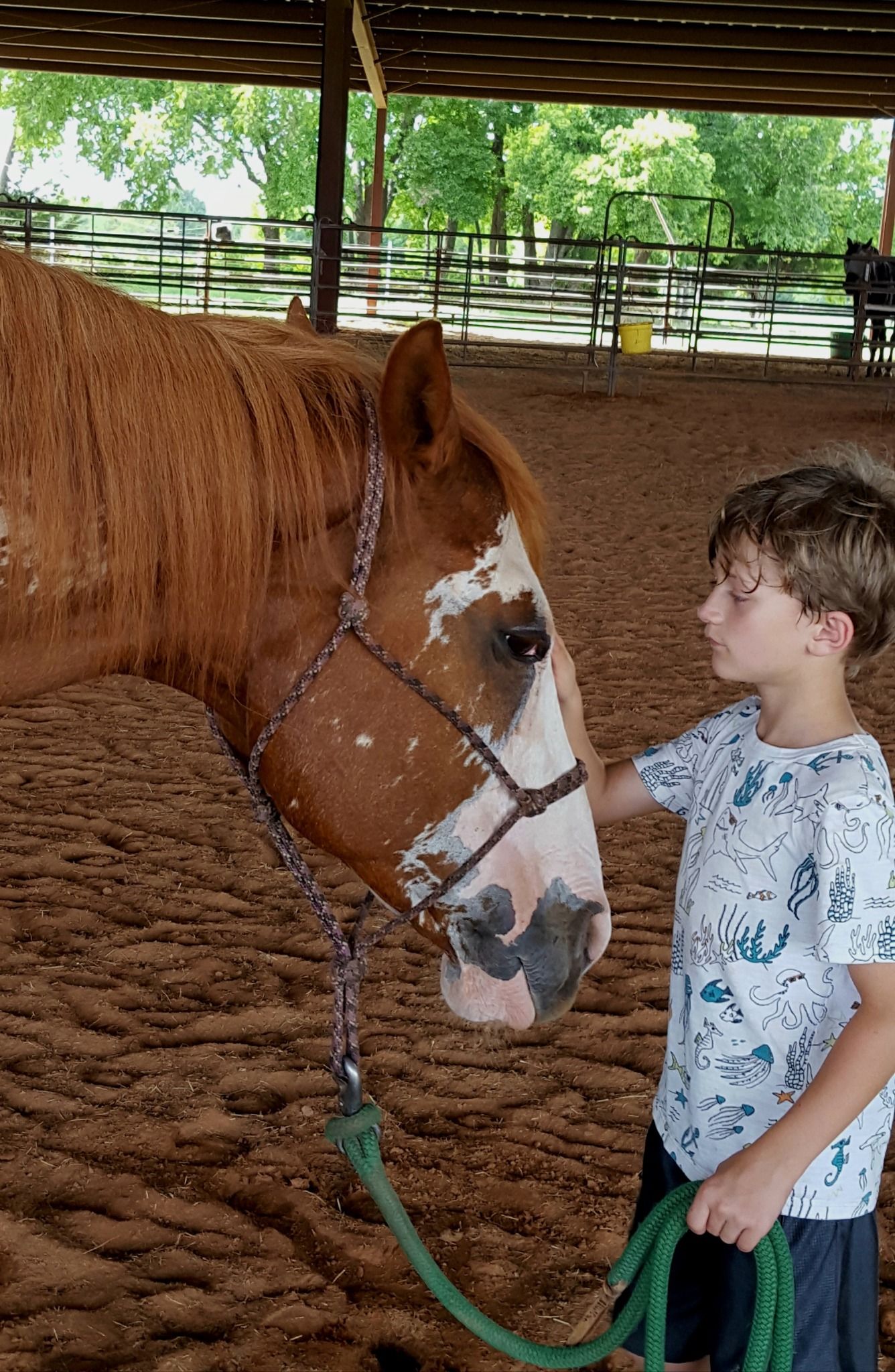
By Starr McAlexander Spirit Song Youth Equestrian Academy Greetings! My name is Ella Grace. I am a registered 21 year old Overo Paint Quarter Horse. My lineage goes back to 5 breed foundation horses, one of which was Three Bars! So how did I end up in an Equine-assisted program at Spirit Song?! I have always been a favorite mount of children and youth and have participated in many western play days and gymkhanas, but the day came when my family outgrew the passion for fun and speed. I was donated to Spirit Song's riding program that better suited my needs. My nature is calm and gentle, therefore, I lend confidence to those who want to learn horsemanship like the young lad pictured here.
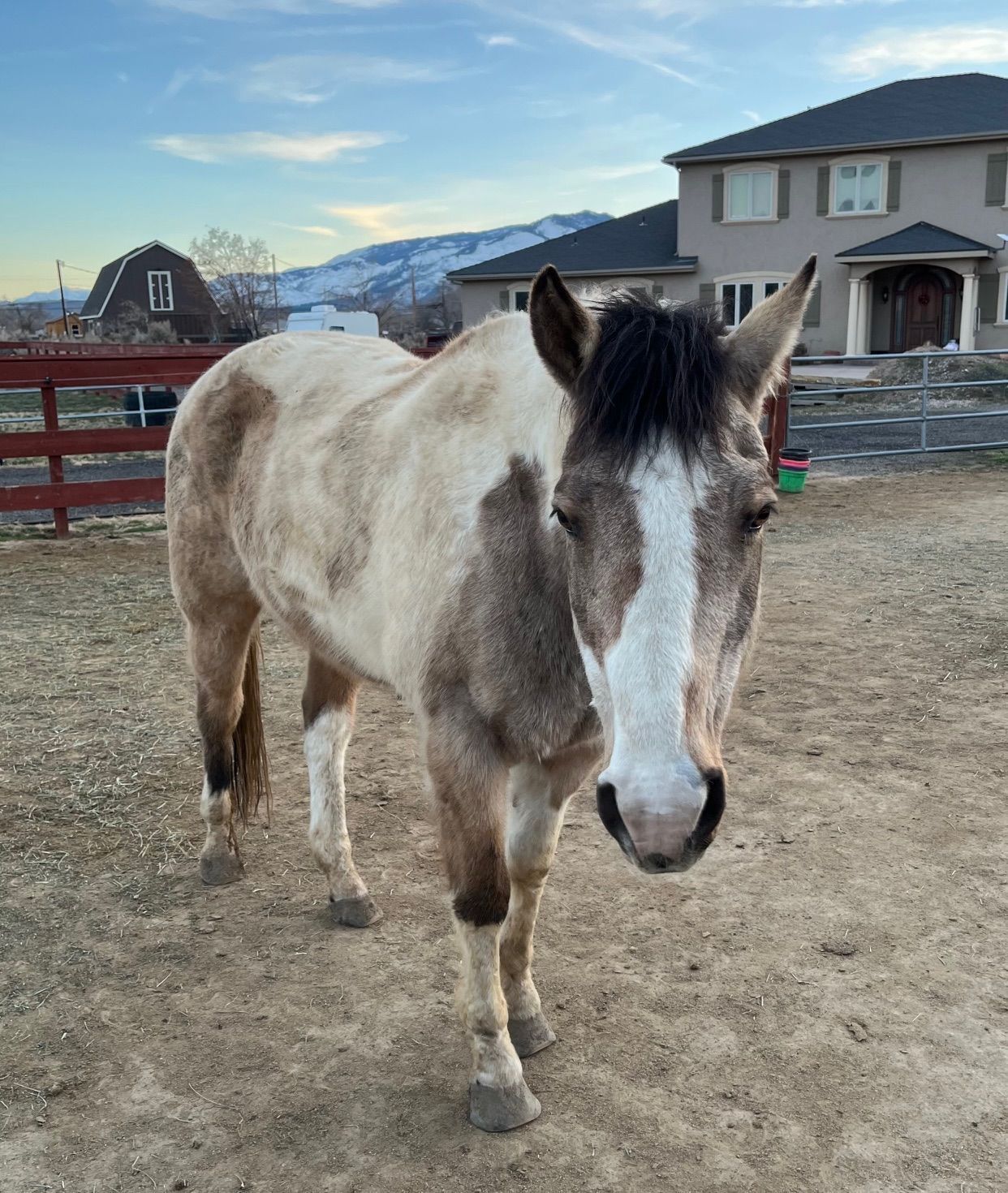
Above: Caspian is a former kids' rodeo horse. He is grounded, good-natured, and has an amazing sense of focus. Master trainer Jennifer Kaplan says, "He's just an all-around good guy, and he uses his strengths to benefit the Nevada herd." Want to supercharge your Equine Assisted Learning (EAL) programs? Here's a game-changer: weave CliftonStrengths into your workshop agenda and watch the magic unfold between your participants and their four-hoofed teachers. Here's what CliftonStengths brings to the arena: Custom-Tailored Self-Awareness: CliftonStrengths helps your participants discover what makes them tick—in! With personalized insights, they'll uncover how to create success in their daily lives, both at work and at home. (Think lightbulb moments galore!) Real-Time Horse Feedback (Yes, Really!) : Horses are incredible mirrors. When your participants show up aligned with their strengths, horses respond with clear, honest feedback—no sugar-coating, just truth with a tail swish. It's powerful, and often magical to watch. Confident, Calm Facilitators = Smooth Ride: Let's not forget you! CliftonStrengths gives E3A Coaching Facilitators a confidence boost, helping you feel more grounded and in sync with your co-facilitators, your equine partners, and your participants. Less stress, more flow. So if you're looking to add more spark, depth, and "aha!" moments to your EAL programs, CliftonStrengths is the secret sauce you've been missing. It's time to let strengths lead the way!
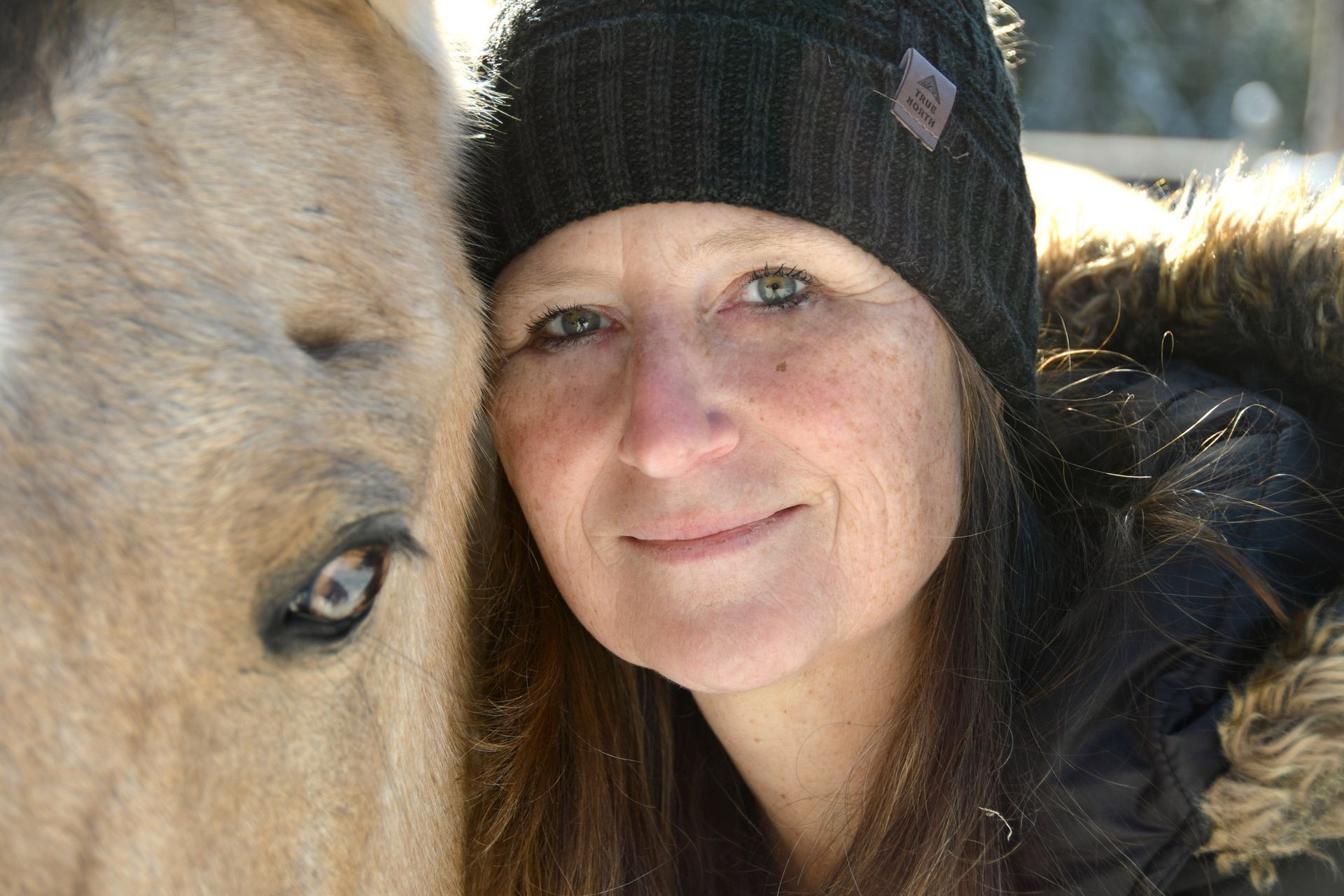
At the heart of the Equine Experiential Education Association (E3A) is a network of passionate professionals who use the power of horse-facilitated learning to transform lives and organizations. E3A member Anouk Lorie is a Belgium-born, Canada-based leadership coach whose work beautifully bridges nature, business, human potential, and international borders. From Corporate to Connected Anouk’s path into equine-assisted learning was anything but ordinary. After more than two decades in the corporate and academic worlds, she made a bold shift — not just in profession, but in purpose. “Moving from Belgium to Canada gave me the opportunity to begin again — this time, not just based on what I was good at, but on what I truly loved,” she reflects. That meant stepping away from titles and toward a life rooted in meaning, connection, and contribution. In 2016, she became a certified Equine Facilitated Coach through the Academy for Coaching with Horses. But by 2019, she felt a deeper call — to bring this profound work into the heart of leadership and organizational development. That’s when she found E3A, thanks to a trusted colleague, Pamela Hunter. “The methodology is solid, practical, and absolutely essential if you want to work credibly with the corporate world,” Anouk says. “I now require E3A certification for all members of the Wásábi team — we are four certified practitioners today!” Leadership that Listens Anouk’s clients — and the horses she partners with — thrive on authenticity. At her company, Wásábi Leadership, she works primarily with seasoned leaders and teams ready to move past the buzzwords and into values-aligned, embodied leadership. “These are people willing to reflect, challenge themselves, and lead with intention — not just for their organizations, but for their communities and the planet,” she explains. “We especially love working with leaders humble enough to learn from and with nature.” Her team also devotes time to nonprofit work, partnering with charities that support individuals who’ve experienced difficult life circumstances. “Their courage and connection with the horses are always humbling — and often transformative.” Buck the Horse, and a Breakthrough in Leadership Among the many powerful experiences Anouk has facilitated, one moment stands out. During a session with a group of senior leaders, their lead horse, Buck, refused to cooperate — resisting pressure from dominant personalities and avoiding engagement altogether. “With E3A’s framework, we unpacked what was happening,” she recalls. “There was too much pressure, no real listening, no awareness of their impact — on the horse or each other. Buck became a mirror for their reality: their ‘employee’ was avoiding them, just like in their actual workplace.” Then, something shifted. A quiet leader — often overlooked — approached Buck with nothing but presence. No pressure. No tools. Just grounded calm. Buck responded instantly, walking beside him with ease. “It was breathtaking,” Anouk says. “That moment changed everything — for the team, and for that individual leader. It was a masterclass in trust, leadership, and the power of authentic connection.” The Power of the E3A Process Anouk credits E3A’s certification process — especially the Capstone Arena Experience — as a pivotal part of her development. “You simply can’t learn this work from a book or an online course. You have to live it — with your feet in the arena. E3A helped me bridge my background in organizational development with the non-linear world of horse-facilitated learning in a way that feels credible and alive.” Leadership Lessons that Transcend Borders Anouk has led sessions in Europe and North America, and says the impact of equine-assisted learning is universal. “No matter the country, the moment a person enters the presence of a horse, something shifts. Roles and titles fall away. What remains is raw, honest connection — presence to presence, heart to heart.” Horses, she notes, respond to authenticity, clear boundaries, and emotional agility — the same traits we need as leaders and human beings. “These are universal human needs. Whether someone is a CEO in Switzerland, a young woman in Quebec, a Belgian, Saudi, or American — the transformation is always powerful. Always lasting. Always deeply human.” Want to learn more about Anouk and Wásábi Leadership? Visit www.wasabileadership.com to explore her work.
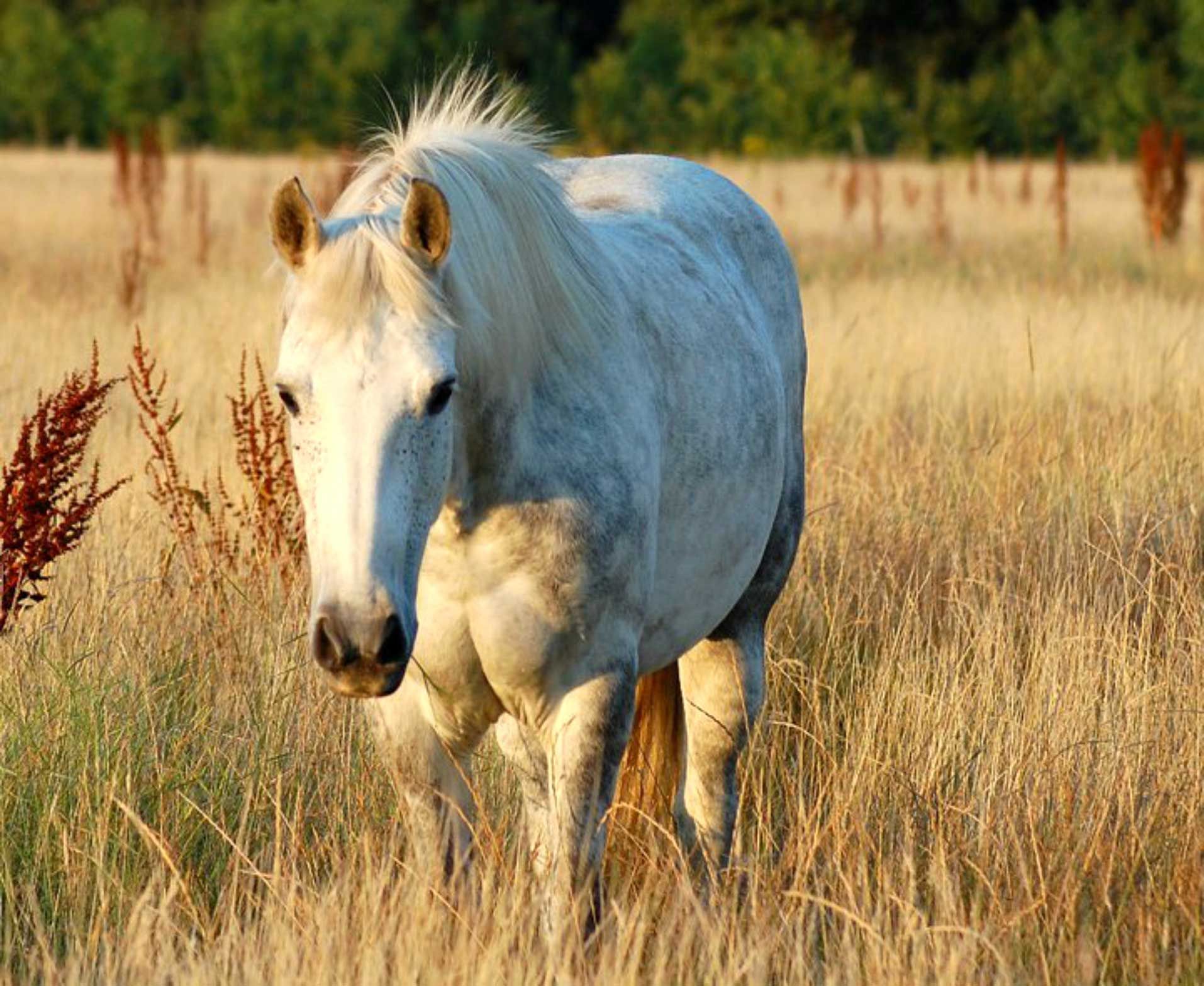
Have you ever sat down after a long day of leadership training and wondered what exactly you did or spent all your money and time on? You aren’t the only one — especially if the training isn’t out-of-the-box enough. Contrary to popular belief, more than 90% of human communication is non-verbal, which explains why many of us find it challenging to retain the information we learn when traditional teaching methods are employed.
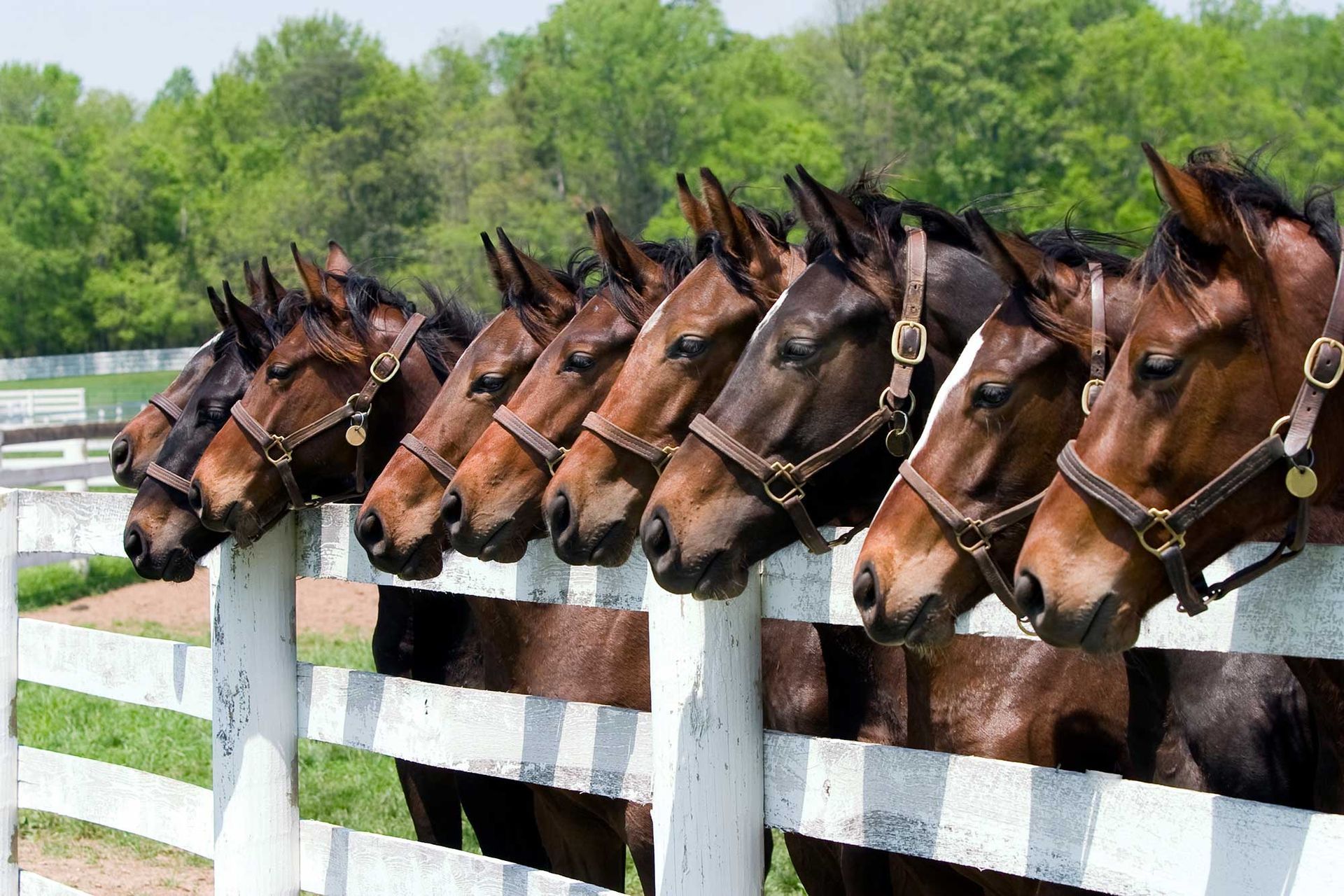
Today’s business world demands a particular set of leadership and team competencies that look different from how they used to ‘back in the day.’ Business leaders must find new approaches to interacting with and influencing their teams even as employees ask for more meaning, purpose, skills, and room to advance – all while dealing with significant burnout issues.
Want to learn more? Call us today at 775-376-2530
